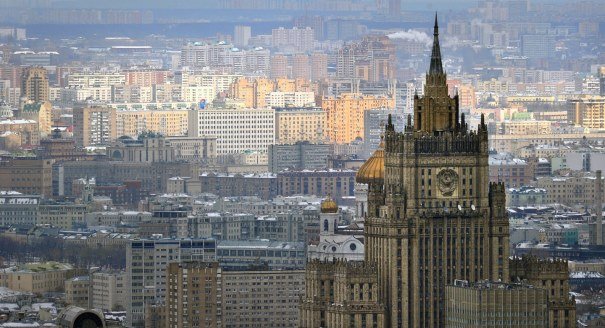At the beginning, it looked like the Moscow election would be a win-win story: incumbent mayor Sobyanin would win independent legitimacy and bigger political weight, Alexey Navalny would win the status of a serious federal politician, and the Kremlin would demonstrate an end of a story of political protests in Moscow and would test an effective model of winning early elections. These expectations proved to be wrong because the crowds of campaign volunteers and Muscovites who switched to political activism had not been properly taken into account.
Now it looks like out of these three players there is only Navalny who won, and of course the fourth winner is the active part of society in Moscow. Both Sobyanin and the Kremlin did already lose and will inevitably continue to lose, because they put themselves in a position which a Russian expression terms “worse than the governor’s one.” Regardless of what they will do now to Navalny, with the remaining possibility of his imprisonment, or what they will do to the model of “limited political competition” there is no way for the authorities to get benefits as a result, only losses—bigger or smaller. Any of their moves will be taken as a sign of either stupid stubbornness or weakness.
The very idea of early mayoral elections was meant to strengthen positions of authorities in elections to the Moscow city Duma next year. It worked the opposite way, and the fact that Navalny’s effective political machine can continue moving to the forthcoming Moscow Duma elections while the mayoral one must be redesigned entirely means that the gap between the two in terms of efficiency and capabilities will grow even bigger.
There are at least two more elements in the equation which will also contribute to further development of the situation. One of them is the support for Navalny from a part of the business and political elites. Now when Navalny is in a winning position, this support will increase substantially and there is almost nothing the Kremlin can do about it. Another is political activism in the form of participation in local election commissions which will continue and will serve as a guarantee of transparent and honest counting and reporting of voting results.
This means that instead of putting an end to the 2011-2012 political crisis and starting a new chapter, the Kremlin just turned an open fire into an engine which is out of the Kremlin’s control and which can effectively drive democratization of elections and of Russia’s political system as a whole.
Nikolay Petrov is a professor at the Higher School of Economics.
